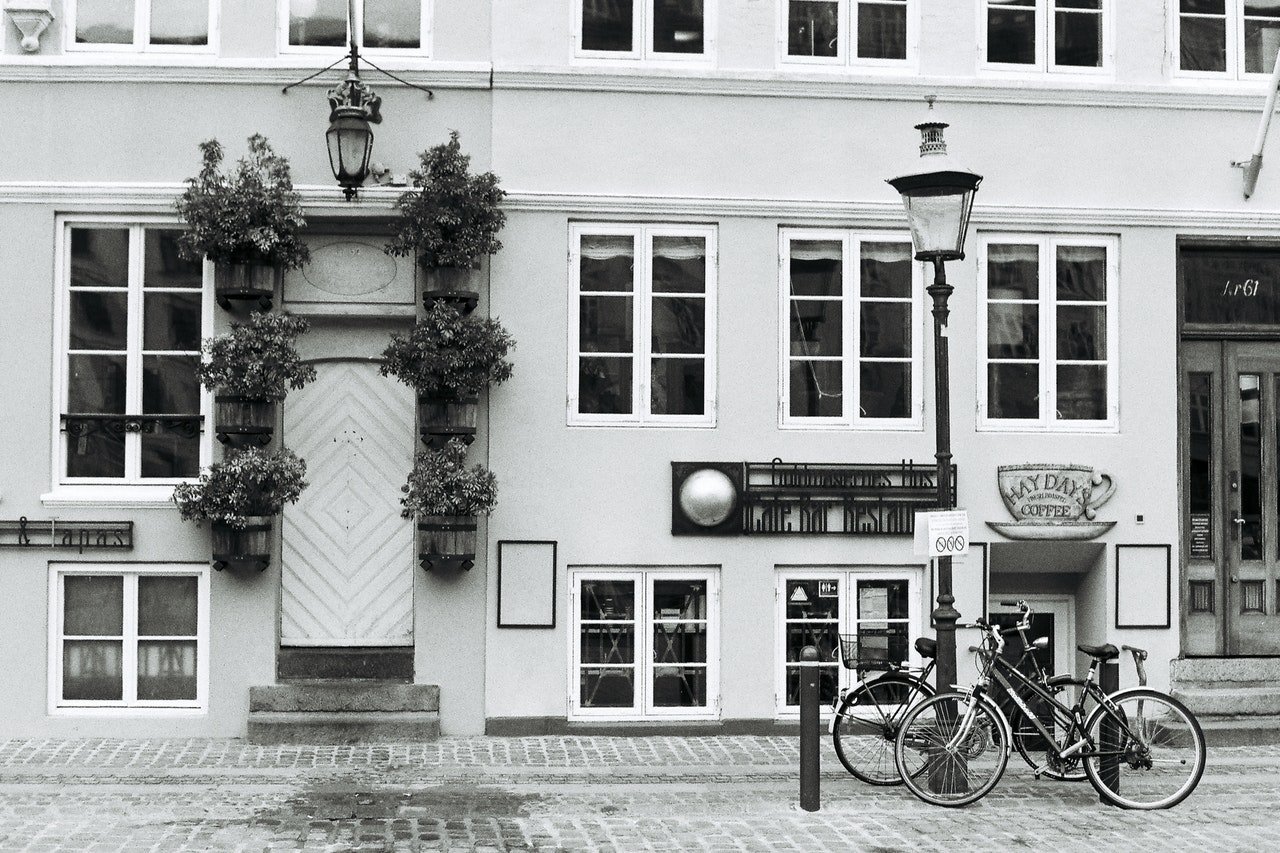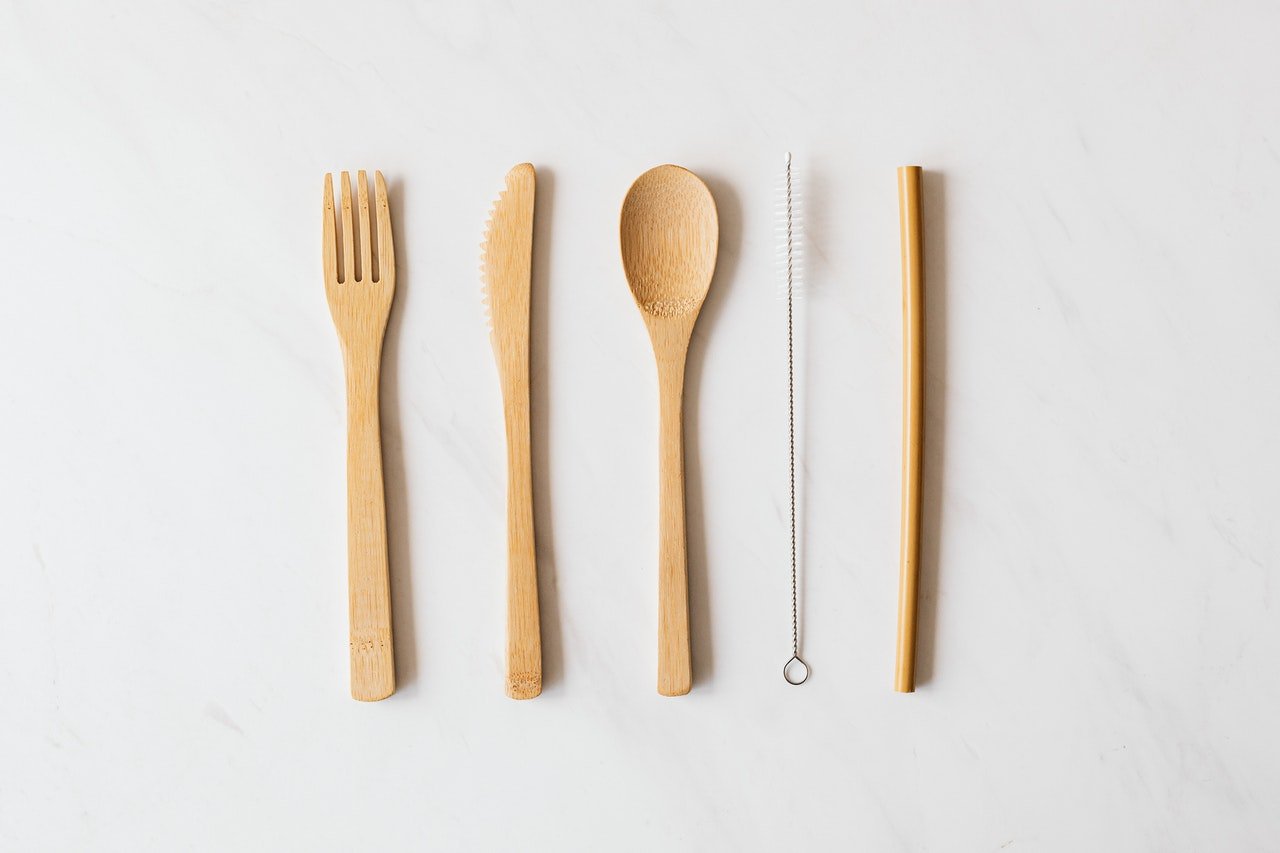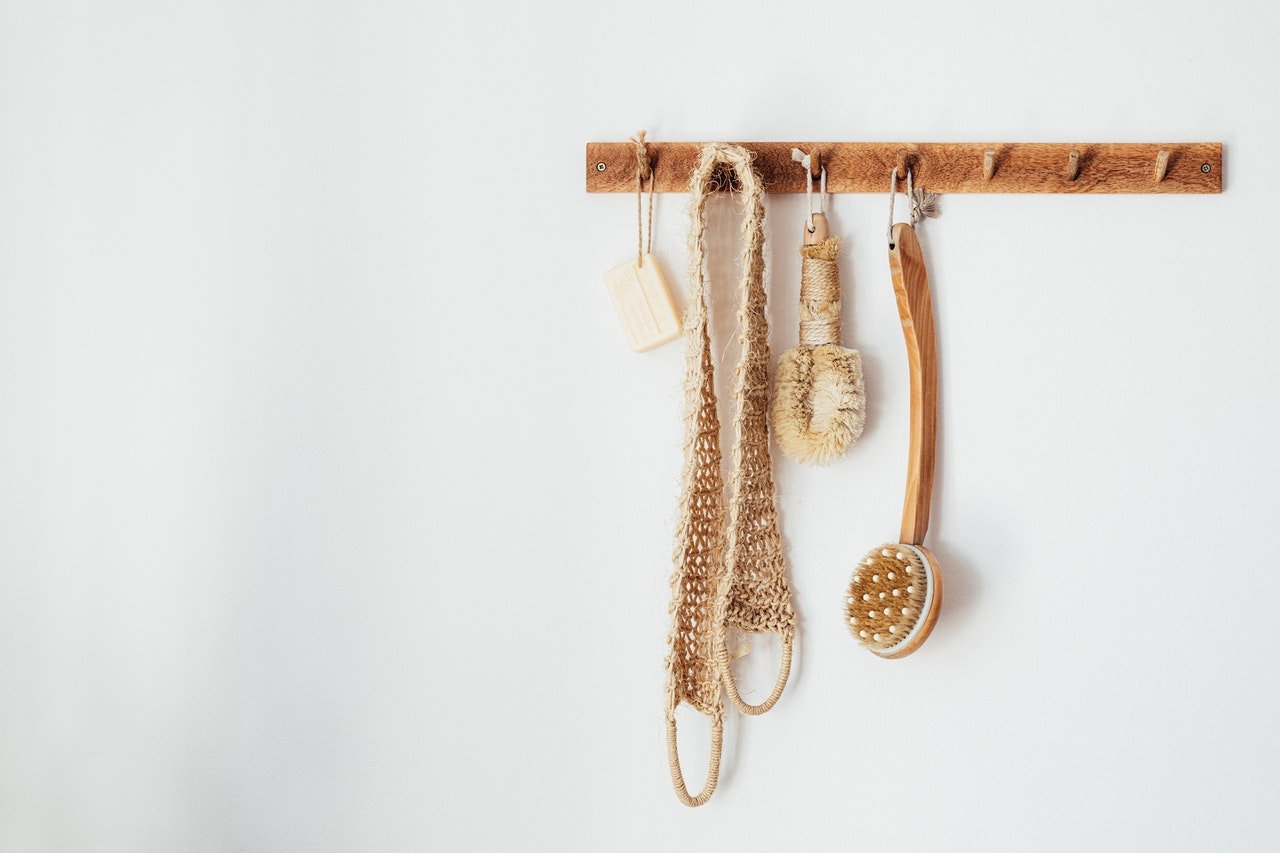Chikankari is a traditional form of hand-embroidery that originated in Lucknow, India. The word ‘chikan’ is derived from Persian word ‘Chikan’, meaning ’embroidery’. This delicate and intricate craft involves needlework on fabric, often using cotton or silk, and is known for its fine and detailed patterns. The embroidery typically includes variety of stiches, such as the “booti” (a small, floral motif), “phanda” ( a knot stich), and “jali” ( a lattice-like design), among others. Chikankari is often used to adorn clothing like sarees, salwar kameez and dupattas, as well as home textiles like cushion covers and tablecloths.
The craft has a long history, having been popularized during the Mughal era in India. It remains a significant part of Indian textile heritage and is highly valued for its artistry and craftmanship.








